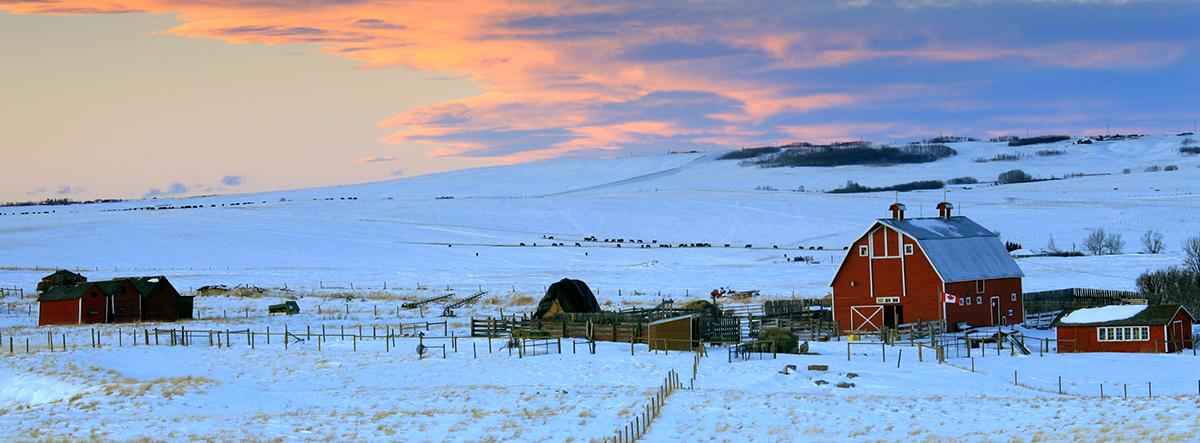What Type of Licence is Required to Trade in Rural Real Estate?
| December 05, 2022
by Kristian Tzenov, RECA Regulatory Compliance Advisor, Real Estate Brokers
As most RECA licensees are aware, not all real estate professionals in Alberta can trade in all types of real estate transactions. When becoming licensed in real estate, individuals can choose from four separate practice areas: residential real estate, rural real estate, commercial real estate, and property management.
RECA also has four industry-specific Industry Councils. The practice area real estate professionals are licensed in, dictates which Industry Council they are governed by. Real estate professionals with a practice area of rural are governed by the Commercial Real Estate Broker and Commercial Property Manager Industry Council.
When is a Transaction Considered Rural?
The difference between commercial and residential real estate in a city is typically clear, but sometimes deciphering whether a trade is considered rural can become more complicated.
The Real Estate Act’s definition of rural real estate can be summed up as any real estate located outside of a municipality that has farming as its primary purpose—but doesn’t include minerals in, on, or under the property.
However, real estate that otherwise fits the definition but is primarily used for extracting, processing, storing, or transporting minerals is not considered rural property under the Act.
Where it gets complicated, is when a sale includes a residential property on the same plot of land as farming land. In this case, a licensee with a residential practice area could technically complete the transaction on the residential property but they are not licensed to complete the trade on the farming land. If the primary purpose of the land is for farming, either animal husbandry or horticulture, then a rural licence would be required. Unless the two transactions are listed separately, or only the rural residential property is listed for sale, the consumers should work with a licensee who is licensed in rural real estate.
Another scenario that may need clarification is when a business unrelated to farming is located on rural land. In this case, the seller would be best represented by a real estate licensee with a commercial practice area.
The information bulletin on trading in real estate further clarifies what constitutes a rural real estate transaction.
It’s the Best Use of the Land that Matters
A good way to think about the subject of rural versus residential is to consider the highest and best use of the land, and the marketing direction taken by the seller. If the seller deems the highest and best use to be residential, and this is how they are marketing the property, then a residential licence will be required. The same would apply if the seller directs that agriculture is the highest and best use of the property. In this case the licensee must have a rural licence.
Licensees must hold a licence to trade in the correct practice area for the transaction. They are not acting in their client’s best interest if they are not competent in the practice area required for the client’s property. If licensees trade in an area of practice that they do not hold a licence in, their actions may be conduct deserving of sanction and be subject to disciplinary action.
If licensees or consumers are unsure of a specific situation, please reach out. RECA’s Information Services team can be reached at info@reca.ca and brokers or broker delegates may reach out to ktzenov@reca.ca with any questions on this topic.


